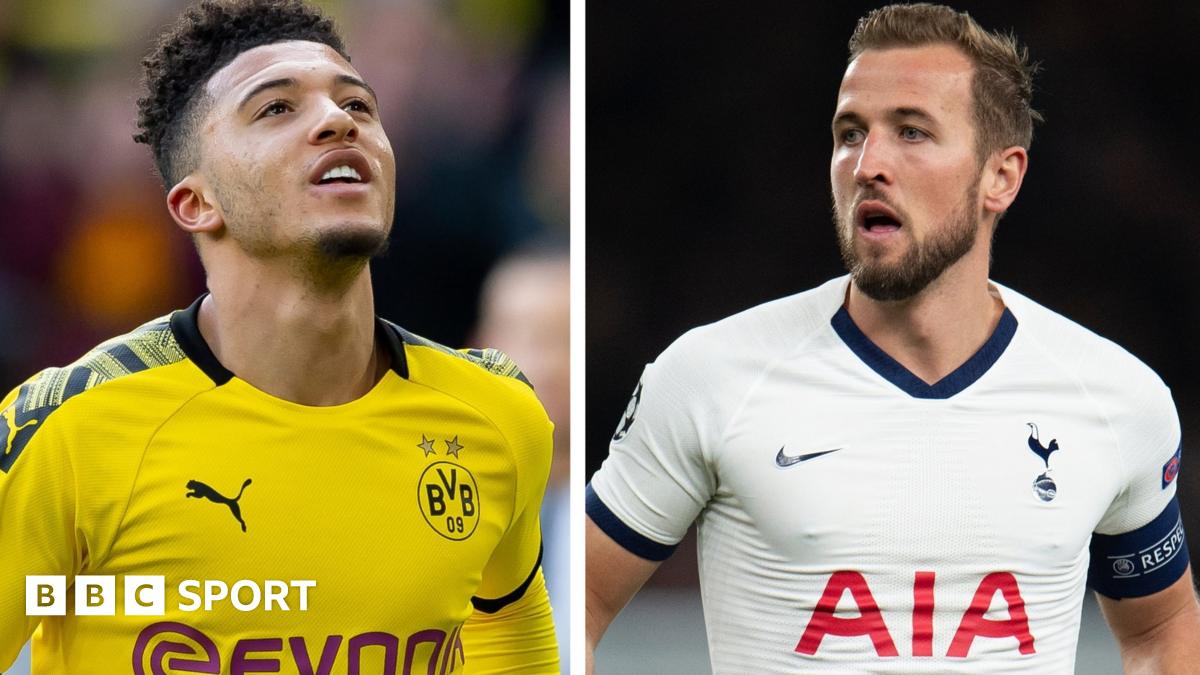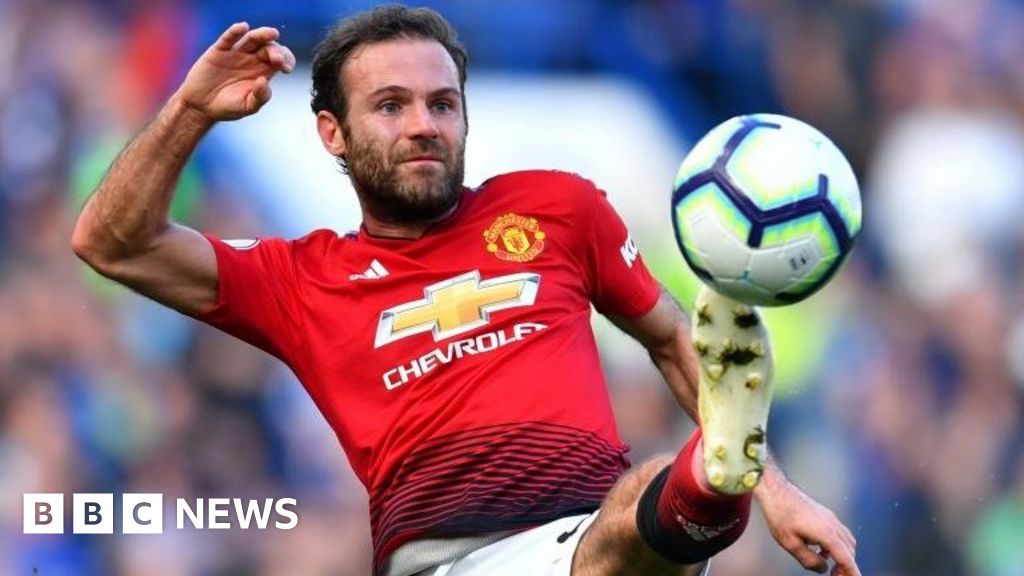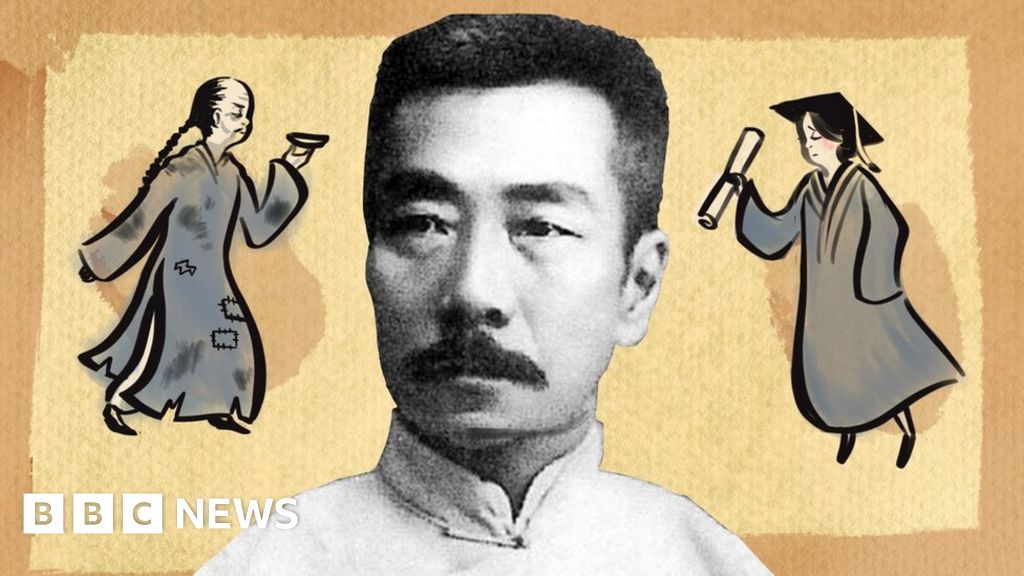Coronavirus: How will pandemic affect football’s transfer market?

[ad_1]
With so much uncertainty in football, one consistent theme emerges: things need to change.
After Bury dropped out of the English Football League in August and with many Championship sides posting losses, Tranmere chairman and former FA chief executive Mark Palios has warned that the number of clubs becoming insolvent could reach double figures.
The desire to amend football finances already existed but the coronavirus pandemic has intensified that wish. Calls for reform range from salary caps to a wider distribution of broadcast income.
“Football has an opportunity, like a lot of society, just to press the pause and reset button,” says Bevington, who was previously Middlesbrough’s head of recruitment operations. “It means that we don’t have to carry on doing things the way we have been. Players have received huge salaries over the past 25 years since the Premier League was established, but will those salaries be at the same level they have reached over recent years? Perhaps not.
“I think there was a reset going on anyway last summer. There was a drop in wages that were being paid outside of the Premier League and there weren’t many big transfers, but there will be a requirement for that now.
“That doesn’t mean there won’t be any big transfers moving forward – there are bound to be – but it’s important that it is managed in a way that the clubs are protected.”
Rigg – whose club have been described by Maguire as “financially, the best-run in the Premier League” – believes some clubs have been playing “fast and loose” and the current situation could allow them to re-evaluate their business models.
“It will make everybody think a little more deeply, from owners right the way through to players and agents,” he says. “It could also become an amazing opportunity for clubs’ youth systems, where academy players can step up to the plate.
“Quite often the transfer window is driven by the media circus that goes around it. It’s big news and very interesting, but it’s not always necessary to overturn huge numbers in order to be a guaranteed success. There are a couple of clubs in England who have spent absolute fortunes over the past few seasons, for what they would consider good reasons, but it doesn’t always work.”
Webb believes that it will force clubs to recruit more wisely.
“The clubs who are best at recruitment find players that no-one else sees,” he says. “So for clubs who do their homework it will be really good for them, because they will get even more value, whereas the clubs used to paying whatever it takes, they might want to re-evaluate what they do and be smarter.”
Perhaps even fans need to play their part in what Bevington calls the “race”, by tempering their expectations.
“You only need to turn the radio on, especially at weekends, to hear fans from all different clubs who have high demands on their owners to invest in new players,” he says.
“I’m not saying we won’t have a transfer market, and for those clubs further down the leagues, it can be a Godsend. One or two really good transfers can make the clubs solvent for a sustained period of time, but it might just be calmer moving forward.
“It’s about getting the balance right. Everything is not broken in football, but the model does need to be realigned.”
Additional reporting by Simon Stone.
Source link




